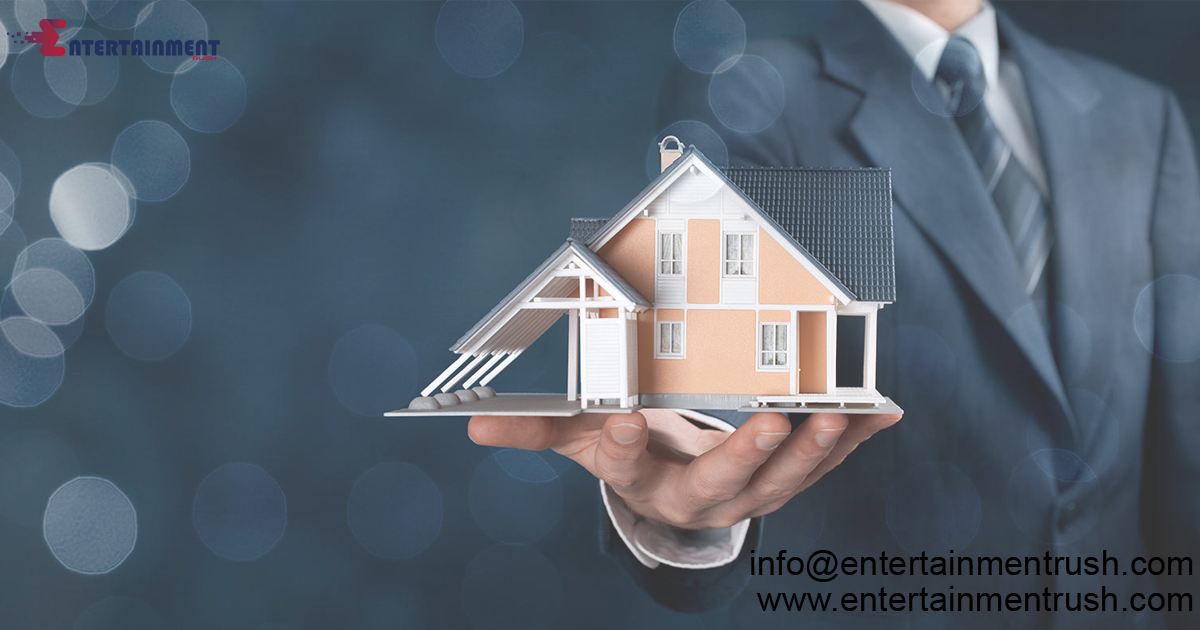In recent years, there has been a transformative shift in the real estate industry towards embracing sustainability and environmental responsibility. The concept of sustainable real estate development, also known as green real estate, encompasses practices that aim to minimize environmental impact, promote energy efficiency, and create healthier and more resilient built environments. Let’s explore how the real estate sector is advancing sustainability and embracing the green revolution through innovative practices and strategies.
The Rise of Sustainable Development
The global focus on sustainability has propelled the adoption of green building practices in real estate development. Sustainable development aims to integrate environmental, economic, and social considerations into every phase of a project, from design and construction to operation and maintenance. This approach seeks to minimize resource consumption, reduce carbon emissions, and enhance the overall quality of life for occupants.
Green Building Certifications and Standards
One of the cornerstones of sustainable real estate development is the use of green building certifications and standards. Organizations like the U.S. Green Building Council (USGBC) with its LEED (Leadership in Energy and Environmental Design) certification and the International WELL Building Institute with its WELL Building Standard provide frameworks for assessing and benchmarking sustainability performance in buildings. These certifications incentivize developers to implement energy-efficient technologies, sustainable materials, and indoor environmental quality measures.
Energy Efficiency and Renewable Energy Integration
Advancing sustainability in real estate involves prioritizing energy efficiency and integrating renewable energy sources. Developers are incorporating energy-saving technologies such as LED lighting, smart HVAC systems, and building automation systems to reduce energy consumption and operational costs. Moreover, the integration of solar panels, wind turbines, and geothermal systems allows buildings to generate renewable energy onsite, further reducing reliance on fossil fuels.
Sustainable Site Design and Land Use Planning
Sustainable real estate development emphasizes thoughtful site design and land use planning to minimize environmental impact and enhance biodiversity. Developers are implementing strategies such as low-impact development (LID) techniques, green roofs, permeable pavements, and rainwater harvesting systems to manage stormwater runoff and reduce heat island effects. Preservation of natural habitats and open spaces also contributes to creating healthier and more resilient communities.
Embracing Smart Technologies and IoT
The convergence of sustainability and technology is driving the adoption of smart building technologies and the Internet of Things (IoT) in real estate development. IoT-enabled devices and sensors allow for real-time monitoring and optimization of building performance, including energy usage, indoor air quality, and occupant comfort. Smart technologies enable proactive maintenance, predictive analytics, and data-driven decision-making, ultimately enhancing operational efficiency and sustainability.
Social Responsibility and Wellness Initiatives
Sustainable real estate development extends beyond environmental considerations to encompass social responsibility and wellness initiatives. Developers are prioritizing human health and well-being by designing buildings that promote occupant comfort, health, and productivity. Features like natural daylighting, biophonic design elements, fitness facilities, and access to green spaces contribute to fostering healthier lifestyles and improving overall quality of life for building occupants.
Collaborative Partnerships and Stakeholder Engagement
Advancing sustainability in real estate requires collaborative partnerships and stakeholder engagement across the industry. Developers, architects, engineers, policymakers, investors, and community members are coming together to drive sustainability initiatives, share best practices, and overcome challenges. Public-private partnerships and community engagement efforts play a vital role in advancing sustainable development goals and creating lasting positive impacts.
The Future of Sustainable Real Estate
Embracing sustainability in real estate development represents a transformative shift towards building a more resilient and environmentally responsible future. By integrating green building practices, energy efficiency measures, renewable energy technologies, and wellness initiatives, the real estate sector is paving the way for creating healthier, livable communities. Collaborative efforts and innovative solutions will continue to drive the green revolution in real estate, setting new standards for sustainability and shaping the future of the built environment. Through collective action and commitment to sustainability principles, stakeholders can realize the vision of sustainable cities and communities while mitigating the impacts of climate change and promoting long-term prosperity for generations to come.




Leave feedback about this